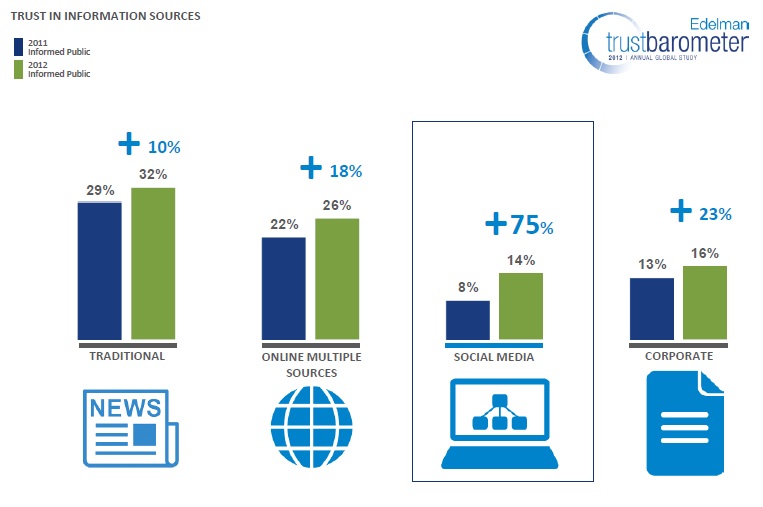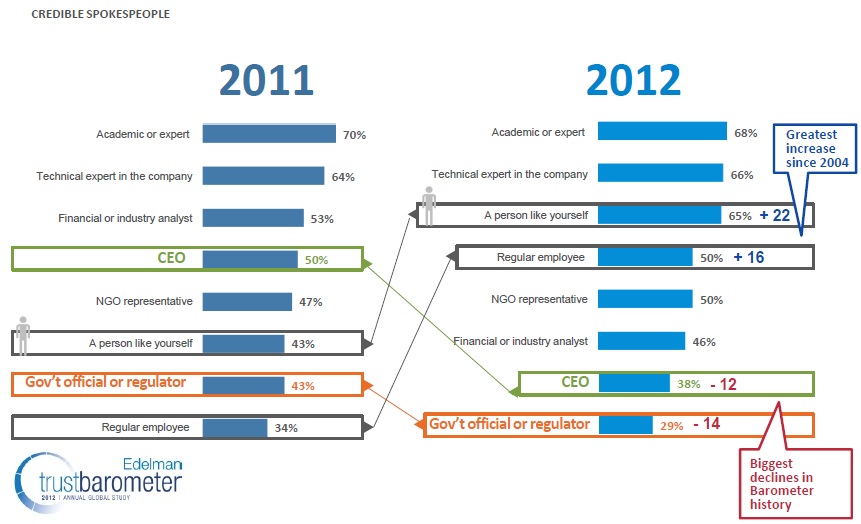TechCrunch is the second most influential blog on the planet according to Technorati and with such authority comes a huge responsibility. Thousands of readers read the content and spread links to newsworthy articles to even more readers via Digg, Delicious, Twitter and so on. Unfortunately many people only scan headlines and quickly read the through the content which means that if a story is not correct, misleading information quickly spreads across the web.
TechCrunch yesterday published a story with the headline “Google Maps Don’t Lie. Sweden And Canada Among Worst Greenhouse Gas Emitters.” How sensational, those self-righteous Swedes are worse than Americans. Yay, I can keep my Hummer. Such a provocative headline obviously appeals to a lot of people who share the story with their friends. Tweetmeme has tracked 166 tweets about the article so far and most of them just recycle the headline and the link. The problem is that the entire story is bunk for several reasons.
First of all, the data that the article is based upon shows that Sweden has had the highest increase (in percent) in green house gases from 1990 to 2006 (with 110%). While that indeed looks bad it does not mean that Sweden a) emits most of all countries or b) emits most per capita. To the contrary, a quick look at the data reveals that the US and many other countries emit many times more per capita than Sweden.
Second, as is revealed in the comments, the map is based on incorrect data. Sweden has produced a new report with updated data that show that Swedish emissions in 2006 were at level with 1990 (zip file). In other words, not even an increase compared to 1990.
The first point above is just the result of poor journalism by TechCrunch, but the second point is harder to foresee. But readers quickly pointed out the first mistake that the writer Erick Schonfeld had made so it wouldn’t have been especially hard to correct the misleading headline and content. But Schonfeld apparently didn’t see it that way, instead he posted denigrative responses to reader comments.
“Do you dare question a Google Map?”
“Where did you learn to read, Sweden?”
“That is the default map. Go petition the UN (or Google) if you think it is misleading.”
Instead of doing the right thing and using the input from readers to improve a poor article, TechCrunch chose to leave incorrect statements up on their site. Instead of subscribing to Dan Gillmor’s view that “my readers know more than I do”, TechCrunch apparently think that their readers are idiots (and that Swedes can’t read).
Any leading publication today, be it a blog or a traditional newspaper, must take responsibility for the content they publish if they want to keep any sort of credibility. Everone makes mistakes, but news is shared at lightning speed today and if you are the source of incorrect information that spread across the web, you should do everything in your power to stop the false information from spreading any further. If not, how can anyone trust you in the future?
I didn’t expect this kind of behaviour from a leading blog in 2009. Big fail.
Tags: twitter, sweden, canada, fail, techcrunch, sverige, journalistik, twitter. Ping.

